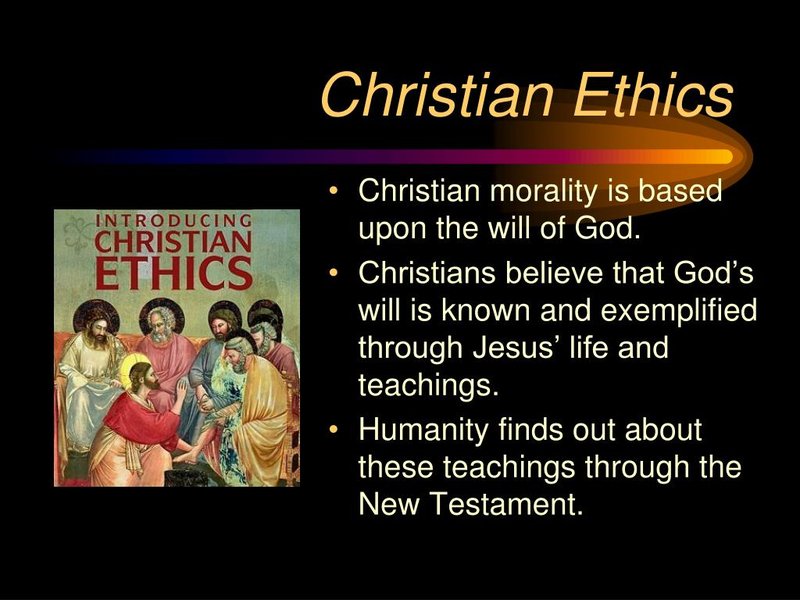· Christian Apologetics · 7 min read
7 Powerful Proof of God's Existence and Biblical Reliability: Core Faith Defense Against Christianity Critics
Discover 7 compelling proofs of God's existence and the reliability of the Bible to defend Christianity against critics. Uncover evidence supporting core faith beliefs.

7 Powerful Proof of God’s Existence and Biblical Reliability: Core Faith Defense Against Christianity Critics
Introduction
Christianity is a faith that is grounded in the belief in God’s existence and the reliability of the Bible. However, there are critics who challenge these foundational beliefs. In this article, we will explore seven powerful proofs of God’s existence and biblical reliability, providing a core faith defense against Christianity critics.
1. Is there evidence for God’s existence?
Many skeptics question the existence of God, demanding evidence to support this belief. While proving the existence of God definitively may be challenging, there are several compelling arguments that provide strong evidence for His existence.
One such argument is the cosmological argument, which posits that everything in the universe has a cause and that there must be an ultimate cause or first mover. The fine-tuning argument suggests that the precise conditions necessary for life to exist in the universe imply an intelligent designer. The moral argument asserts that objective moral values exist and can only be grounded in the existence of a moral lawgiver.
As Dr. Kenneth Boa explains, “These arguments collectively provide a cumulative case for the existence of God, each presenting a piece of evidence that points towards a divine creator.” These arguments, when considered together, form a robust defense for the existence of God.
Source: Dr. Kenneth Boa - 3 Reasons Christians Can Trust the Reliability of the Bible
2. How can we trust the reliability of the Bible?
Critics often question the reliability of the Bible, arguing that it is merely a collection of myths and legends. However, there are several reasons why Christians trust in its reliability.
Firstly, Christians believe that the Bible is divinely inspired. They view it as God’s revelation to humanity, inspired by Him and therefore infallible and trustworthy. This belief is based on passages such as 2 Timothy 3:16, which states, “All Scripture is breathed out by God.”
Secondly, there is historical evidence supporting the claims of the Bible. Archaeological discoveries have consistently confirmed the accuracy of biblical accounts and the existence of places and people mentioned in the Bible. For example, the discovery of the Dead Sea Scrolls provided ancient manuscripts that dated back to before the time of Christ and affirmed the accuracy of the Old Testament.
Thirdly, the internal consistency of the Bible is a testament to its reliability. Despite being written by multiple authors over thousands of years, the Bible maintains a remarkable coherence in its message. This consistency across various books and genres adds credibility to its claims.
Source: The Undeniable Reliability of Scripture: An Interview with Josh McDowell
3. What are some key arguments against Christianity?
Critics of Christianity often raise various arguments challenging its core beliefs. It is important to address these arguments thoughtfully and provide well-reasoned responses.
One common argument is the problem of evil, which questions how a loving and all-powerful God could allow suffering and evil in the world. In response, Christians assert that God has given humans free will, which allows for both good and evil actions. They believe that God uses suffering to bring about greater purposes and that He offers comfort and hope in times of distress.
Another argument challenges the reliability of biblical miracles, suggesting that they defy natural laws and are therefore impossible. Christians counter by asserting that miracles serve as signs of God’s presence and power, demonstrating His ability to transcend natural laws when necessary.
It is important to engage with these arguments respectfully while presenting a well-supported Christian perspective that highlights the strengths and weaknesses of alternative viewpoints.
Source: The Case for Christ: An Interview with Lee Strobel
4. How does faith interact with reason when it comes to belief in God?
Faith and reason are often seen as opposing forces, but in Christianity, they are viewed as complementary. Christians believe that faith is not blind or irrational; rather, it is grounded in reason and evidence.
Reason plays a crucial role in exploring the evidence for God’s existence and evaluating the reliability of the Bible. It helps Christians engage in intellectual pursuits, examining philosophical, historical, and scientific arguments that support their faith.
However, faith goes beyond reason, encompassing trust and surrender to God. It involves a personal relationship with God that transcends mere intellectual understanding. Faith allows believers to experience God’s presence, love, and transformative power in their lives.
Christians understand that while reason can lead to knowledge about God, faith allows them to truly know and experience God. It is through this combination of faith and reason that Christians find a solid foundation for their belief in God’s existence and the reliability of the Bible.
Source: Faith, Reason, and the Existence of God | Reviews | Notre Dame
5. How does historical evidence support the reliability of the Bible?
The Bible is not only a religious text but also a historical document with significant historical evidence supporting its claims.
One key aspect of historical evidence is the manuscript count. The New Testament, for example, has an extensive number of ancient manuscripts, allowing scholars to compare and analyze different copies to reconstruct the original text accurately. The manuscript count provides confidence in the accuracy of the biblical accounts.
Additionally, archaeological discoveries have consistently affirmed the historical accuracy of the Bible. The excavation of ancient cities like Jericho and Nineveh has provided physical evidence supporting biblical narratives. These discoveries include artifacts such as inscriptions and pottery that align with biblical descriptions.
Furthermore, the fulfillment of Messianic prophecies in Jesus Christ provides compelling evidence for the reliability of the Bible. The Old Testament contains numerous prophecies about the coming Messiah, and the New Testament demonstrates how Jesus fulfilled these prophecies. This fulfillment adds historical credibility to the biblical accounts.
Source: Evidence That Demands A Verdict Redux: An Interview with Josh McDowell
6. How does internal consistency support the reliability of the Bible?
The internal consistency of the Bible is a significant factor in establishing its reliability. Despite being written by different authors over a span of thousands of years, the Bible maintains a remarkable coherence in its message.
The Bible consists of 66 books, written by various authors from diverse backgrounds, yet it presents a unified narrative centered around God’s redemptive plan for humanity. The themes of sin, redemption, and salvation are woven throughout its pages, revealing a consistent message.
Furthermore, the unity of biblical teachings on essential doctrines such as God’s nature, human sinfulness, and the person and work of Jesus Christ further supports the Bible’s internal consistency. Despite the diverse cultural and historical contexts in which the books were written, they harmonize in their teachings on these fundamental truths.
The internal consistency of the Bible not only strengthens its credibility but also demonstrates its divine inspiration. Christians believe that God guided the authors to write His message accurately, resulting in a cohesive and coherent text.
Source: The Undeniable Reliability of Scripture: An Interview with Josh McDowell
7. How does personal experience contribute to belief in God?
Personal experience plays a significant role in the belief in God for many Christians. While intellectual arguments and historical evidence provide a foundation for faith, personal encounters with God provide a transformative and deeply meaningful experience that reinforces belief.
Personal experiences can take various forms, including answered prayers, moments of divine intervention, or encounters with God’s presence in worship or prayer. These experiences provide individuals with a sense of connection to something greater than themselves, affirming their belief in God.
Additionally, the transformational power of faith in people’s lives acts as a testament to the reality of God. Many Christians testify to the positive changes they have experienced through their relationship with God, such as finding purpose, peace, and moral guidance. These personal transformations serve as evidence of God’s existence and reinforce belief in His presence.
While personal experiences are subjective and cannot be used as proof for others, they are deeply meaningful to individuals and contribute to their conviction in the existence of God.
Source: The Case for Christ: An Interview with Lee Strobel
Conclusion
In conclusion, there are several powerful proofs of God’s existence and biblical reliability that provide a core faith defense against Christianity critics. Arguments based on reason, historical evidence, internal consistency, and personal experience collectively form a robust case for belief in God and the reliability of the Bible. Engaging with these proofs equips Christians to address skepticism and strengthen their faith. Ultimately, belief in God is a deeply personal journey that combines intellectual exploration with personal encounters, leading to a transformative and meaningful relationship with Him.



